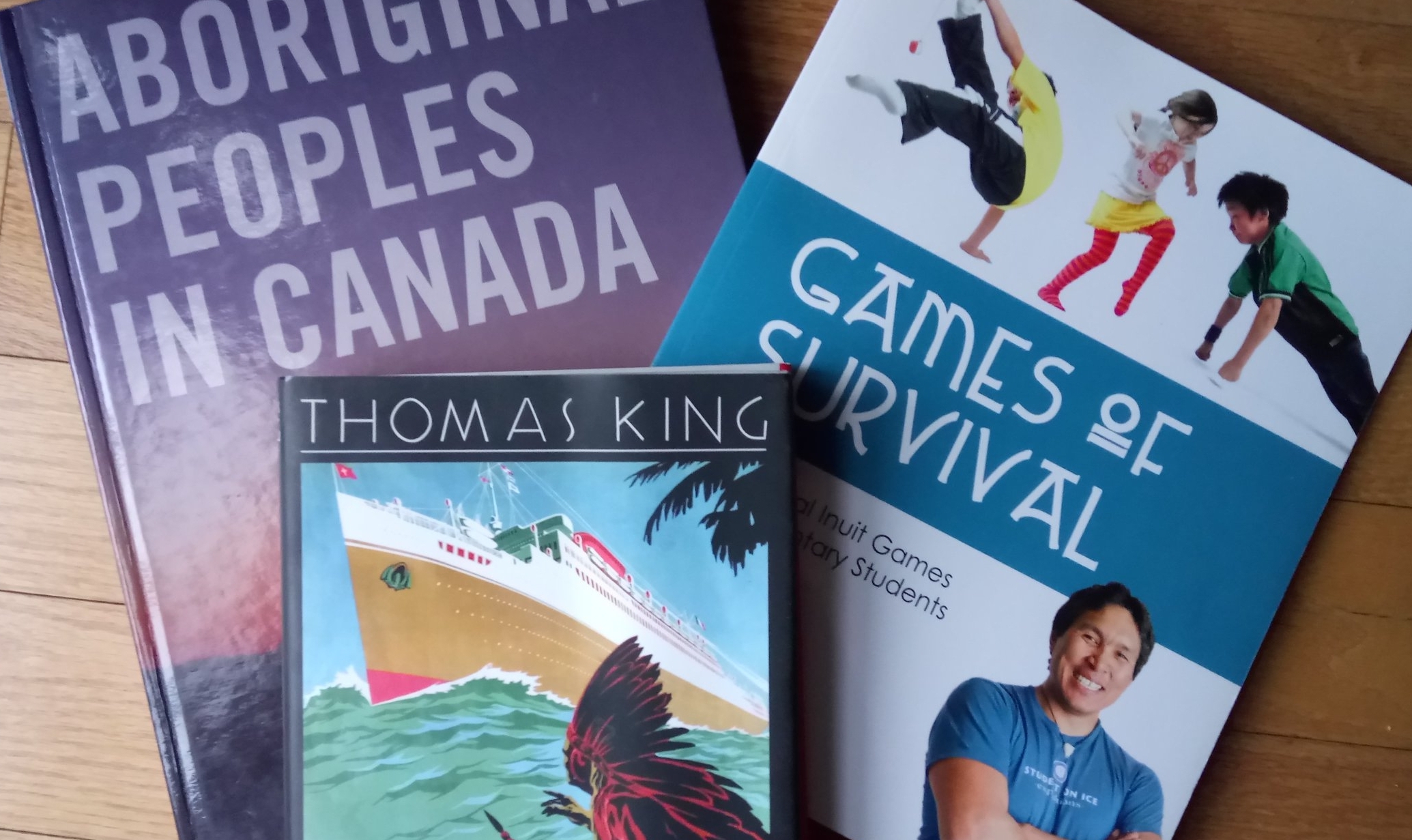This month, I have worked with a new group of teacher candidates in the course I teach, and a new group of educators in rural Ontario through facilitating a Collaborative Inquiry process. Both groups reminded me of a question that I have been consistently asked in the past five years, one that has spanned locations, contexts, grade levels, and years of teaching experience:
What if parents object to me teaching about Indigenous topics?
Despite what some may assume, this question is not just on the minds of teachers who find themselves in rural or remote contexts. I have also been asked this question by teachers from neighborhoods across the city of Toronto and other urban centres. I should note that I have only heard of one instance in the past year where a group of parents came together to vocally oppose teaching about Indigenous communities and perspectives on histories and current events.
I can empathize with fears you may have about teaching Indigenous content. They seem similar to the fears many teacher candidates express to me about teaching any issue that fall under the umbrella of social justice. The question that propels me forward in this work is:
How do we weigh the (potential) objections of parents against our responsibility as teachers to educate against the racism and systemic injustice faced by Indigenous people in our society?
I worry that by staying silent due to concern about parent objections will delay justice, and continue to implicate the education system in the harm done against Indigenous people. By finding ways to educate students, I believe that this generation of educators will be helping to ensure that the next generation does not face such backlash, perceived or real.
The following quotation below from Justice Murray Sinclair helped me to understand what is at the root of the issue:
"This is a Canadian problem. Because at the same time that aboriginal people were being demeaned in the schools and their culture and language were being taken away from them and they were being told that they were inferior, they were pagans, that they were heathens and savages and that they were unworthy of being respected — that very same message was being given to the non-aboriginal children in the public schools as well."
– Justice Murray Sinclair quoted in the Ottawa Citizen
Whether families have been here for many generations or are newcomers to this land, the majority of people in our school community have been under-educated and mis-educated about Indigenous peoples. As educators in the system that has perpetuated this, I think we need to extend what we view as our responsibility towards public education on this topic.
The question I encourage you and your school community to explore is:
How can we bring parents and the greater school community into this learning?
If you find you are concerned about parent reaction to the extent that is preventing you from deepening your teaching about Indigenous perspectives, I urge you to reach out for support and to find other allies. Which of your colleagues are also interested in this work? Which administrators, board consultants, or coaches might be able to provide support?
Here are other questions that I urge folks to ask themselves as they approach this work:
- How can I use the curriculum and other policy documents to support my teaching of this content?
- What other key documents like the TRC's Calls to Action or the Ontario Human Rights Code or the Royal Commission on Aboriginal Peoples support my teaching?
The good news is that with the release of the newest version of the Social Studies and History curriculum, and the latest policies coming from the Ontario Ministry of Education, not to mention new policies and curriculum documents emerging across Canada, there is now more than ever plenty to support your efforts in this teaching.
Wanting more support? Get in contact to learn more about my coaching practice to see if it's a fit for you!
